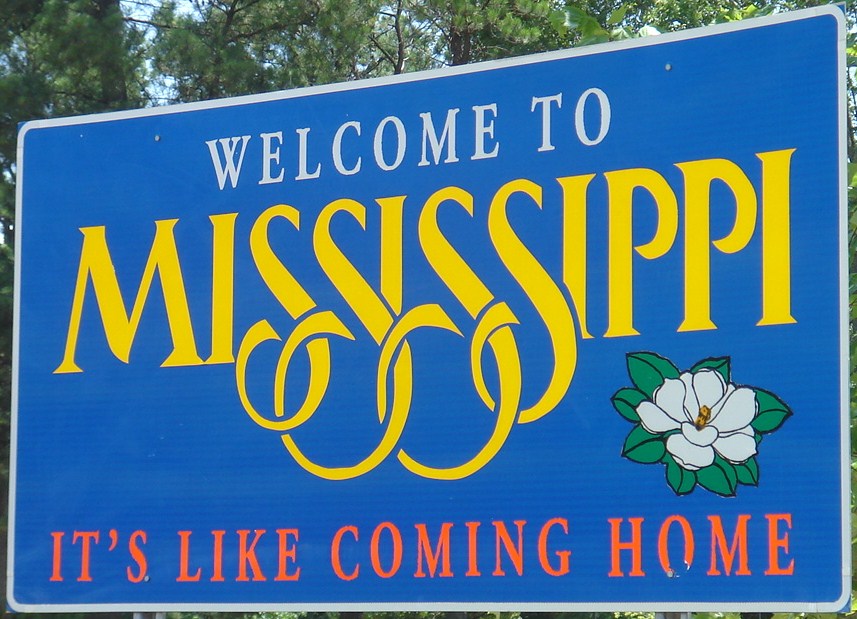Mandatory Pro Bono in Mississippi?
The Rules Committee of the Mississippi Supreme Court is currently considering the adoption of a rule requiring lawyers to complete 20 pro bono hours annually or in lieu of that service contribute $500 to the state bar for legal services programs.
According to Justice Jess Dickinson, “the overriding objective is to make sure every Mississippian, regardless of economic status, has reasonable access to justice and that no one is excluded because he or she doesn’t have money to hire attorney.” Recent research, commissioned by the state’s Supreme Court, found that thousands of Mississipians, like their low-income counterparts across the country, are prevented from accessing civil legal assistance because they cannot afford to hire an attorney.
The committee has received 64 letters received thus far regarding the proposed pro bono requirement, the majority of which oppose the adoption of a mandatory requirement. An article in the Clarion Ledger shared comments from several Mississippi attorneys on both sides of the debate:
Don Lacy criticized the proposal as
an unprecedented and unjustifiable unilateral extension of the authority of the court. . . . [o]ther than perhaps the priesthood, I am unaware of any profession which requires its members, as a condition of their right to practice their craft, to contribute a portion of their income to charity.
The President of the Jackson County Bar Association, Jessica Dupont, said that while her association’s members are “‘[doing] what they can to help the poor’ . . . a mandatory pro bono rule would be unfair and demeaning to the legal profession.”
On the other side of the debate, a young Jackson attorney’s perspective:
I understand the argument, doubtlessly voiced by many of my colleagues, that no one should be required to provide what is, in essence, community service. Fundamentally, I agree. But the fact is that attorneys are different. That distinction exists as both an honor, and sometimes, a burden. But under either instance, it is a badge that each member of the Bar should wear proudly.
Another supporter of the mandatory pro bono requirement, lawyer and member of the North Mississippi Rural Legal Services Board of Directors J. Lane Greenlee of Winona, believes that for at least the initial five years of the rule the requirement should be reduced to 10 hours/year.
I understand those who do not like to be told what to do, but I also am very aware of the need that exists, said Greenlee.
The blogosphere has been abuzz during the last week with commentary surrounding the proposed rule: WSJ Blog (is the requirement legal?), Simple Justice (even mandatory pro bono not going to solve the need for civil legal services), Professor Richard Epstein’s take, and Build a Solo Practice (revisits issue of Illinois’s adoption last year of mandatory pro bono reporting).

